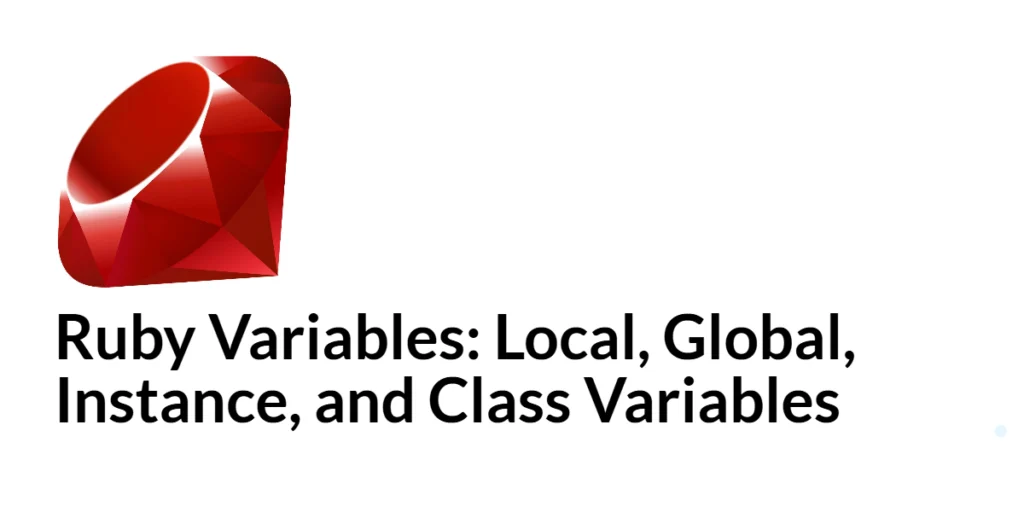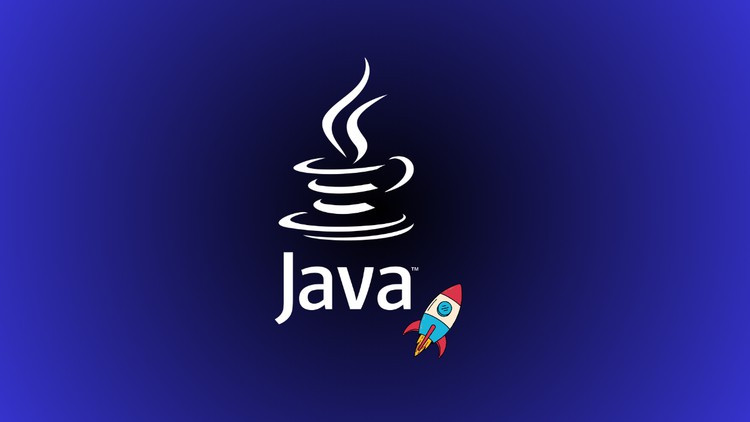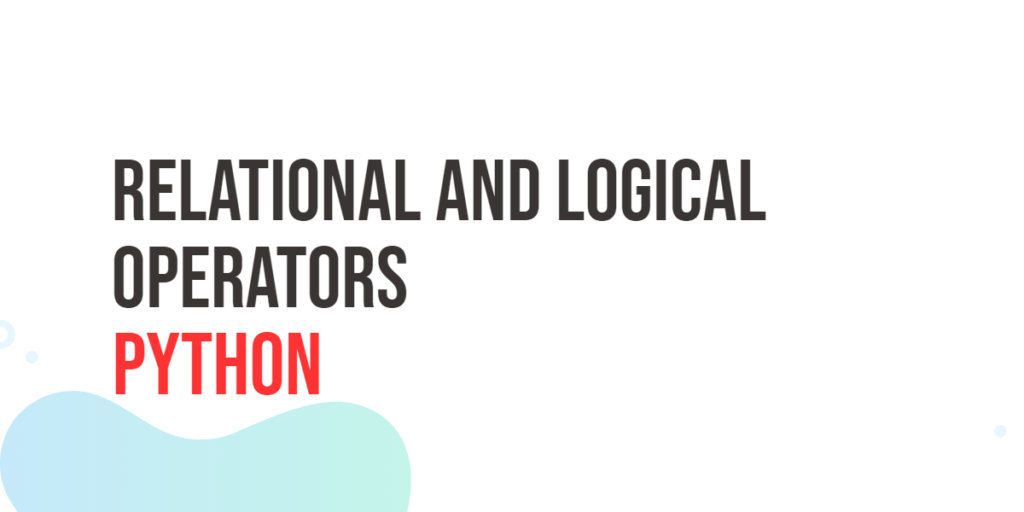Understanding variables is fundamental to programming in Ruby. Variables act as storage locations for data that can be manipulated and used throughout a program. Ruby provides several types of variables, each with its own scope and purpose. These include local, global, instance, and class variables. Knowing when and how to use these different types of variables is crucial for writing effective and maintainable Ruby code.

with hands-on learning.
get the skills and confidence to land your next move.
In this article, we will explore the different types of variables in Ruby, explaining their scope, usage, and how they differ from each other. By the end of this guide, you will have a comprehensive understanding of Ruby variables, enabling you to write cleaner and more organized code.
Local Variables
Local variables are the most common type of variables in Ruby. They are defined within a method, block, or loop and are only accessible within that context. Local variables are created by simply assigning a value to a variable name without any special prefix. For example:
def greet
message = "Hello, World!"
puts message
end
greet # Output: Hello, World!In this example, the local variable message is defined within the greet method. It holds the string “Hello, World!” and is printed to the console using the puts method. The variable message is not accessible outside the greet method. If you try to access it outside, Ruby will raise an error indicating that the variable is undefined.
Local variables are useful for temporary storage of data that is only needed within a specific block of code. They help keep your methods and blocks self-contained and free from unwanted side effects.
Global Variables
Global variables, as the name suggests, are accessible from anywhere in your Ruby program. They are defined by prefixing the variable name with a dollar sign ($). For instance:
$global_message = "Hello from the global scope!"
def display_global_message
puts $global_message
end
display_global_message # Output: Hello from the global scope!
puts $global_message # Output: Hello from the global scope!In this example, the global variable $global_message is defined outside any method. It holds the string “Hello from the global scope!” and can be accessed both inside and outside the display_global_message method. This flexibility allows global variables to share data across different parts of the program.
However, global variables should be used sparingly as they can lead to code that is difficult to maintain and debug. Since global variables can be accessed and modified from anywhere, they increase the risk of unintended side effects. It is generally better to use local variables or other variable types with more limited scope unless there is a specific need for global accessibility.
Instance Variables
Instance variables are used to store data specific to an object. They are defined within a class and prefixed with an @ symbol. Instance variables are accessible across all methods in the class for a particular instance. Consider the following example:
class Person
def initialize(name)
@name = name
end
def introduce
"Hi, my name is #{@name}."
end
end
person1 = Person.new("Alice")
puts person1.introduce # Output: Hi, my name is Alice.In this example, the Person class has an initialize method that sets the instance variable @name to the value passed as an argument. The introduce method then uses the @name variable to return a greeting string. Each instance of the Person class will have its own @name variable, allowing you to create multiple Person objects with different names.
Instance variables are essential for maintaining state within an object and for ensuring that data specific to an object is encapsulated within that object. This encapsulation is a key principle of object-oriented programming, promoting modularity and reusability of code.
Class Variables
Class variables are shared among all instances of a class. They are defined within a class and prefixed with @@. Class variables are used to store data that should be consistent across all instances of the class. For example:
class Person
@@count = 0
def initialize(name)
@name = name
@@count += 1
end
def self.count
@@count
end
end
person1 = Person.new("Alice")
person2 = Person.new("Bob")
puts Person.count # Output: 2In this example, the Person class has a class variable @@count that keeps track of the number of Person instances created. The initialize method increments @@count each time a new Person object is instantiated. The self.count method returns the value of @@count, showing the total number of Person instances.
Class variables are useful for maintaining state that is relevant to the entire class rather than individual instances. However, they can make code harder to understand and maintain if overused, as changes to class variables affect all instances of the class.
Conclusion
Understanding the different types of variables in Ruby—local, global, instance, and class variables—is essential for writing clear and maintainable code. Each type of variable serves a specific purpose and has its own scope and usage guidelines. Local variables are used within specific methods or blocks, global variables are accessible throughout the entire program, instance variables store data specific to an object, and class variables share data across all instances of a class.
By using these variables appropriately, you can ensure that your Ruby programs are well-organized, modular, and free from unintended side effects. As you continue to develop in Ruby, practice using these variables in different contexts to deepen your understanding and improve your coding skills.
Additional Resources
To further your learning and explore more about Ruby, here are some valuable resources:
- Official Ruby Documentation: ruby-lang.org
- Codecademy Ruby Course: codecademy.com/learn/learn-ruby
- RubyMonk: An interactive Ruby tutorial: rubymonk.com
- The Odin Project: A comprehensive web development course that includes Ruby: theodinproject.com
- Practical Object-Oriented Design in Ruby by Sandi Metz: A highly recommended book for understanding OOP in Ruby.
These resources will help you deepen your understanding of Ruby and continue your journey towards becoming a proficient Ruby developer.







